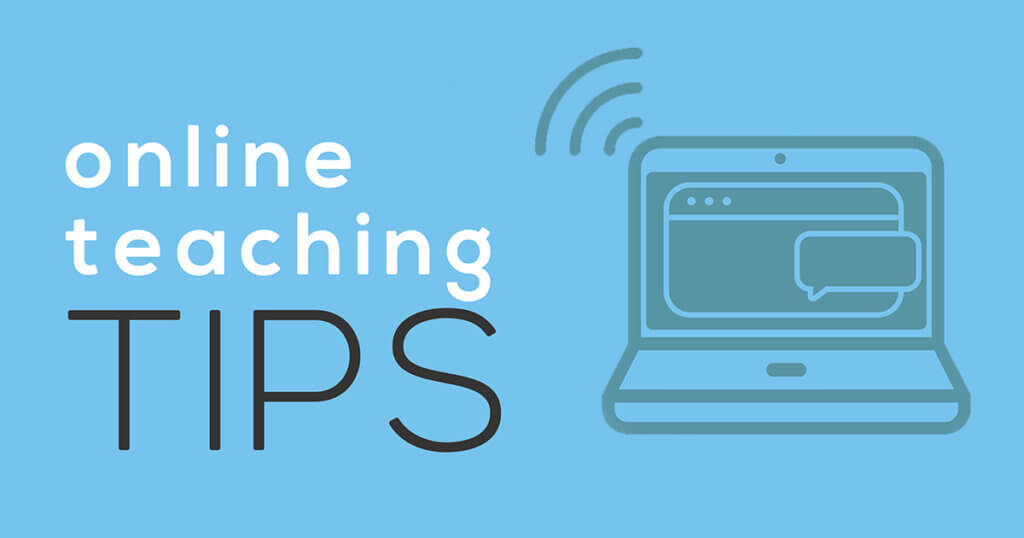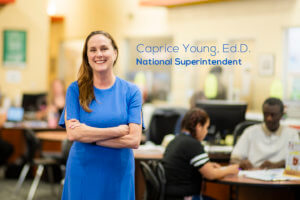
As educators delve into the world of remote and online learning, they need to retain professional boundaries to maintain a high level of support for students. Here are guidelines to help teachers and others maintain professional balance in an online education world.
- 1. Be a professional. You provide academic support and guidance to students, but you are neither their friend nor parent. Online communication mediums can feel less formal and more private than in-person meetings at school. Students may share details about their lives and feelings that are more intimate than teachers may be used to, and some of it may be inappropriate for professional interaction. If this happens, gently stop the student, tell them you want to get them help and offer to connect them directly with a counselor or trained professional. Electronic communication can be taken out of context, misunderstood or misused in ways that can damage professional careers. Brevity can get you into trouble, so be explicit in your digital communications to help ensure your true intention is preserved.
- 2. Be mindful of your environment, especially if you are using a webcam. You may not want your students looking at your messy living room or listening to your children in the background. Work from a quiet space with sufficient privacy to stay focused on your students’ needs. Likewise, be mindful of your digital environment. If you are sharing your screen, make sure you aren’t showing other students’ information or having your email notifications pop up.
- 3. Don’t give out your personal information. Use only work channels of communication that are approved, like Parent Square and provided tools, not personal cell phone, email or social media. This allows a formal record of communication to be established that will protect teachers and students. Never communicate with students through personal technology or social media, where the content is not about school or school activities.
- 4. Never share or discuss inappropriate topics, for example those of a sexual, illegal or prejudicial nature. Be aware that joking and other banter can begin as light-hearted but quickly become inappropriate. If it does, stop the interaction immediately and let the student know that professional boundaries have been crossed in a matter of fact way. If students share inappropriate images or conversations, please immediately contact your supervisor to address the situation. This behavior violates the student code of conduct.
- 5. Help your students get wraparound or whole-student support. Continue to help remove obstacles in the way of your students’ education. At Learn4Life, community partnerships are an important part of our model. Continue to connect students with resources such as food, health services, laptops or internet access. Refer the student to a school counselor if a topic they want to discuss feels too personal or beyond your professional training.
- 6. Always stay positive and solution oriented. Avoid sharing personal or professional frustrations with your students, or engaging in negative conversations about other staff, students or families. Never share intimate details of your life experience beyond general descriptions that can convey your sense of empathy.
- 7. Document your communication with your students so that the next person who interacts with them can have a deeper understanding of their ongoing needs, triumphs and challenges through a description of your interaction.
- 8. Don’t agree to keep secrets. Students may confide in you as their mentor, coach or teacher, but you have a duty to report when a student is being abused, harmful or in danger.
- 9. When in doubt, ask. Your supervisor can help you manage what is appropriate and what is not. A good rule of thumb is the “Would you want it on the front page of the New York Times?” test. Anything online can go viral. Nothing is private, even if you think it has been deleted.
- 10. Use good judgment. In general, the use of good judgment will guide you with respect to acceptable conduct.
These principles don’t replace an organization’s Employee Handbook, but they put the usual policies into a remote learning context. Educators are charged with the privilege and responsibility to bring about the safest and most learning-conducive environment possible for students.

Dr. Caprice Young is national superintendent for Learn4Life, a nonprofit network of schools that serves at-risk high school students and former dropouts through a flexible and personalized learning model (not seat-based, one-on-one blended learning). In response to COVID-19, the network moved its 23,000+ full-time students in CA, OH and MI to remote learning within 48 hours, providing meals, social/emotional support, diapers/formula for parenting students, and devices and hotspots as needed.
